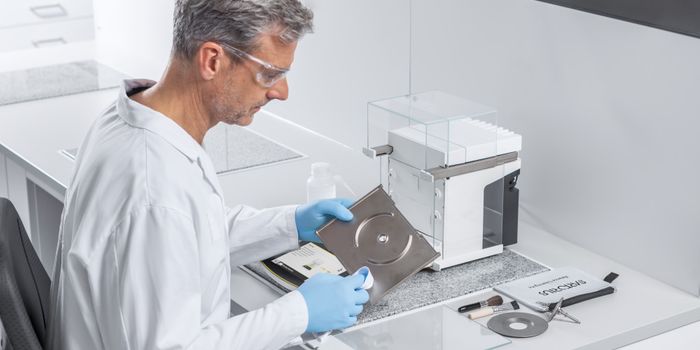Correct-Looking Robots and Improving Workplace Mental Health
A team of researchers recently collaborated with a tech consultancy firm to develop robot wellbeing coaches capable of promoting mental wellbeing in the workplace and how the participants intereacted with their robotic counterparts.
“We wanted to take the robots out of the lab and study how they might be useful in the real world,” said Dr Micol Spitale, who is a postdoctoral researcher at the University of Cambridge, and lead author of the study.
A participant interacting with the childlike humanoid robot, QT, during the study. (Credit: University of Cambridge)
A participant interacting with the toy-like robot, Misty, during the study. (Credit: University of Cambridge)
For the study, the researchers used 26 employees from a tech consulting firm as participants in a four-week study involving wellbeing sessions between the human participants and two different robots, one being a toy-like robot called Misty and the other a childlike humanoid robot named QT. While all the sessions were scripted, and both robots exhibited identical facial expressions and voices, it turned out the robot’s physical appearance affected the interaction patterns of the humans.
The study’s findings indicated the participants had expectations based on the robot’s appearance. For instance, those who interacted with QT expected a more humanlike interaction, whereas those who interacted with Misty expected something less.
“The most common response we had from participants was that their expectations of the robot didn’t match with reality,” said Dr. Hatice Gunes, who is a Professor of Affective Intelligence and Robotics at Cambridge University, who led the research. “We programmed the robots with a script, but participants were hoping there would be more interactivity. It’s incredibly difficult to create a robot that’s capable of natural conversation. New developments in large language models could really be beneficial in this respect.”
Regardless of the expectations, the researchers did observe that robots can have a positive impact on mental wellbeing in the workplace.
“The robot can serve as a physical reminder to commit to the practice of wellbeing exercises,” said Dr. Gunes. “And just saying things out loud, even to a robot, can be helpful when you’re trying to improve mental wellbeing.”
How can robots continue to be useful in promoting mental wellbeing in the workplace, and what appearance changes need to be made going forward? Only time will tell, and this is why we science!
Sources: ACM/IEEE International Conference on Human-Robot Interaction, EurekAlert!
As always, keep doing science & keep looking up!










